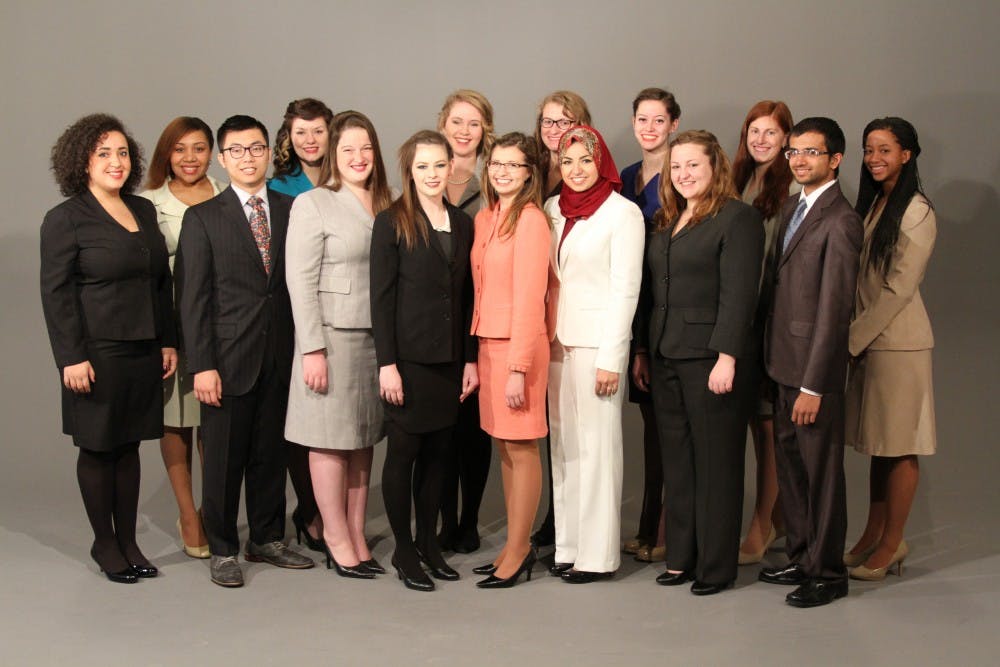The National Forensics Association has decided to host its National Tournament at Ball State after pulling the event from campus when state legislators passed the Religious Freedom Restoration Act last March.
The 2016 event will bring around 1,200 students and faculty members from across the country to campus and rake in anywhere between $1 million and $2 million for the Muncie community, Director of Individual Events, Mary Moore, said.
NFA, which hosts speech and debate events, was unable to find another suitable venue for the event when the organization reopened bidding for other venues after Governor Mike Pence signed RFRA into law. The legislation caused uproar both locally and nationally as some interpreted the law as allowing businesses to discriminate against the lesbian, gay, bisexual and transgender community.
The National Tournament draws students from across the nation to compete in week-long speech and debate competitions, which means a boost for hotels and restaurants in Muncie.
“It is a nice little bump to our economy,” Moore said. “And it offers good visibility for our speech team, the university and the community at large.”
The organization voted to bring the event back to Ball State, Moore said, in part because of Ball State’s and Muncie’s public opposition against RFRA after it was signed into law.
“A lot of the steps that were taken to fix [RFRA] that the state legislator took serve as a piece of support for [bringing the tournament back],” Moore said. After facing push back from Hoosiers, state lawmakers passed changes to the law which added protection based on sexual orientation and gender identity.
“NFA unequivocally supports a fully inclusive and safe environment for all of its participants,” a NFA newsletter reads. “We will work closely with Ball State and Mary Moore to find a way to use our voices to help support a university and community who refuse to discriminate.”
President Paul W. Ferguson released a statement after the changes were made saying he was appreciative of the work done by legislators to, “... resolve the language of RFRA in order to ensure the absence of discrimination and to promote equal treatment for all.” The Muncie City Council passed legislation after RFRA that added sexual orientation as a protected class in direct response to the state legislation.
Moore said the changes are a good step, but the Ball State speech team would like to see LGBT as a protected class in the state, like racial and religious minorities, and plan to host an activism fair at the tournament to help make that change. They are also in the planning stages of a public art project that would be sent to the state legislator.
“I think it is a good first step with the fix,” she said, “but it doesn’t solve all of the problems.”
Ball State’s speech team is all about advocacy and promoting social responsibility, Moore said, even though this project is the first time the group has advocated for change as an organization. Instead, many students are part of individual organizations where they participate in activism.
“Almost every major shift in civil rights and society has occurred at the hands of public speakers,” she said. “One of our tenets is: refining your voice to make the world a better place.”





